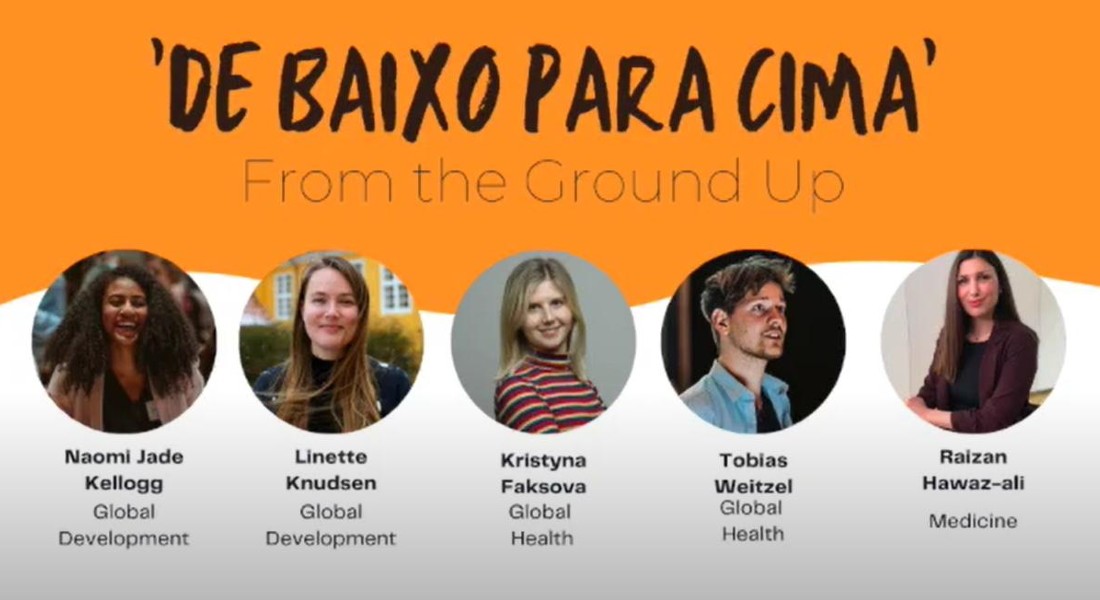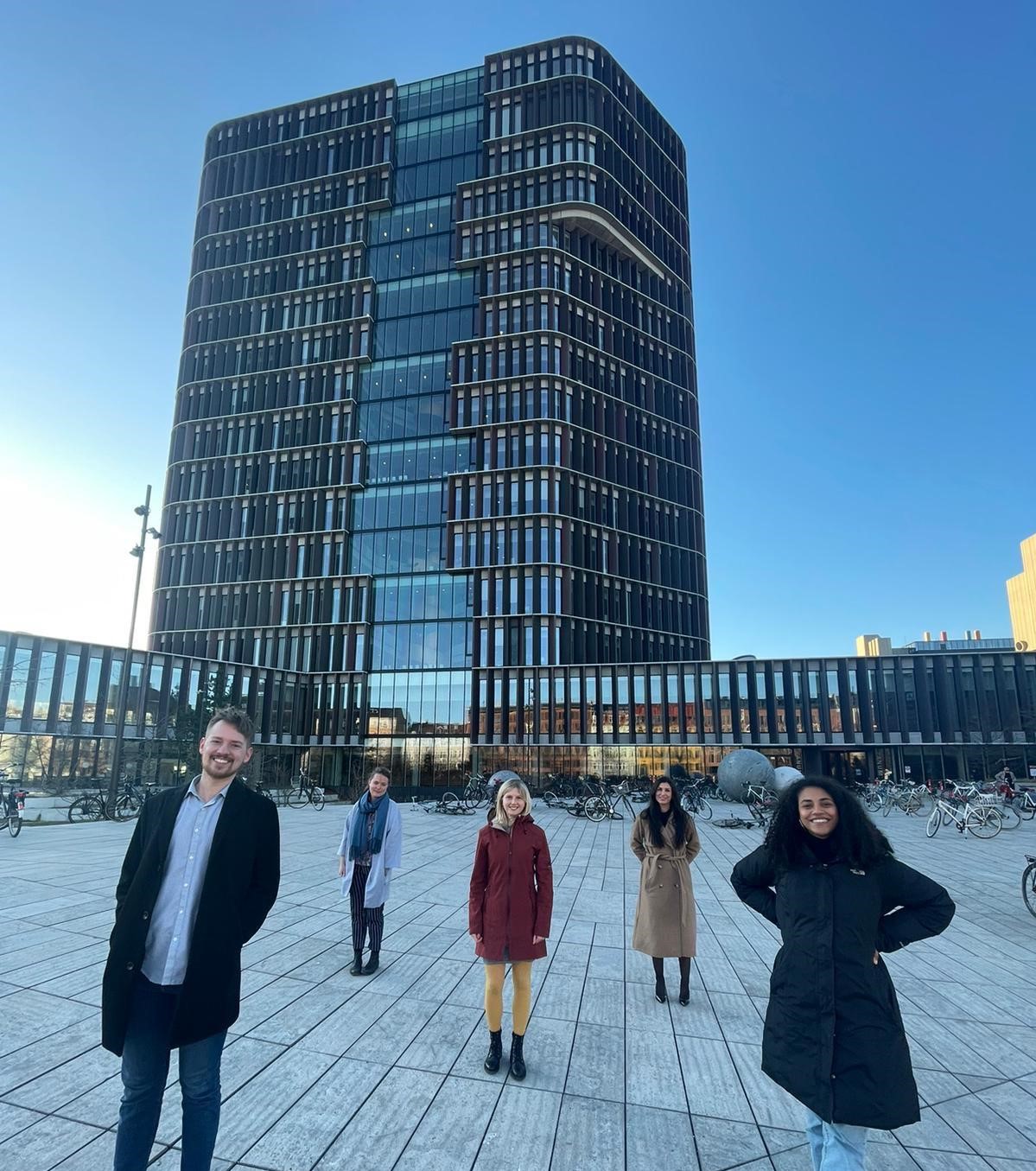A student solution for Brazil's mass vaccination problem
A multidisciplinary team consisting of five students from Global Health, Global Development, and Medicine represented the University of Copenhagen at the 2021 Emory Morningside Global Health Case Competition. This year the case competition took place online via Zoom due to the current COVID-19 situation

The Emory Global Health Institute challenged 52 multidisciplinary student teams from universities representing 15 different countries and six continents to develop plans for COVID-19 vaccination programs. The case challenge asked the teams to design a country-wide vaccination program for one of four countries: Bangladesh, Brazil, Japan or Nigeria. Teams were tasked with improving the public’s perception of the COVID-19 vaccines and ensuring that vaccines were adequately and appropriately distributed and administered; on top of that, the teams were called on to represent their selected country’s National Public Health Institute.
The Copenhagen solution
Why is a country with one of the world’s most expansive infrastructures and experiences in mass vaccination struggling to vaccinate under the COVID-19 pandemic? This was the guiding question for the multidisciplinary team from University of Copenhagen.
They presented the solution "De Baixo para cima - From the Ground Up". An intervention supposed to make the best use of the Brazilian community spirit for a more rapid and equitable COVID-19 vaccine uptake.
Trust is a critical currency in most public health strategies, and trust in broader federal government institutions is low. Therefore, the intervention targets the individual and interpersonal levels through 1-1 interactions. Based on this, the solution tackles three issues.
Foremost, the team wants to address rising vaccine hesitancy and mistrust by training Community Health Workers to act as “first responders” to these attitudes. Complementarily, they want to address two associated issues: First, they want to fill data gaps that hinder vaccination rollout and impede the appropriate assessment of the racial and social inequities in the vaccination process. Second, they tackle the inconsistent definition and quantification of vaccination priority groups.
Unfortunately, their solution was not among the finalists but they still got a great deal of experience from taking part in the competition.

More information
Read more about the case competition, the winners, the judges, and the honourable mentions here.
